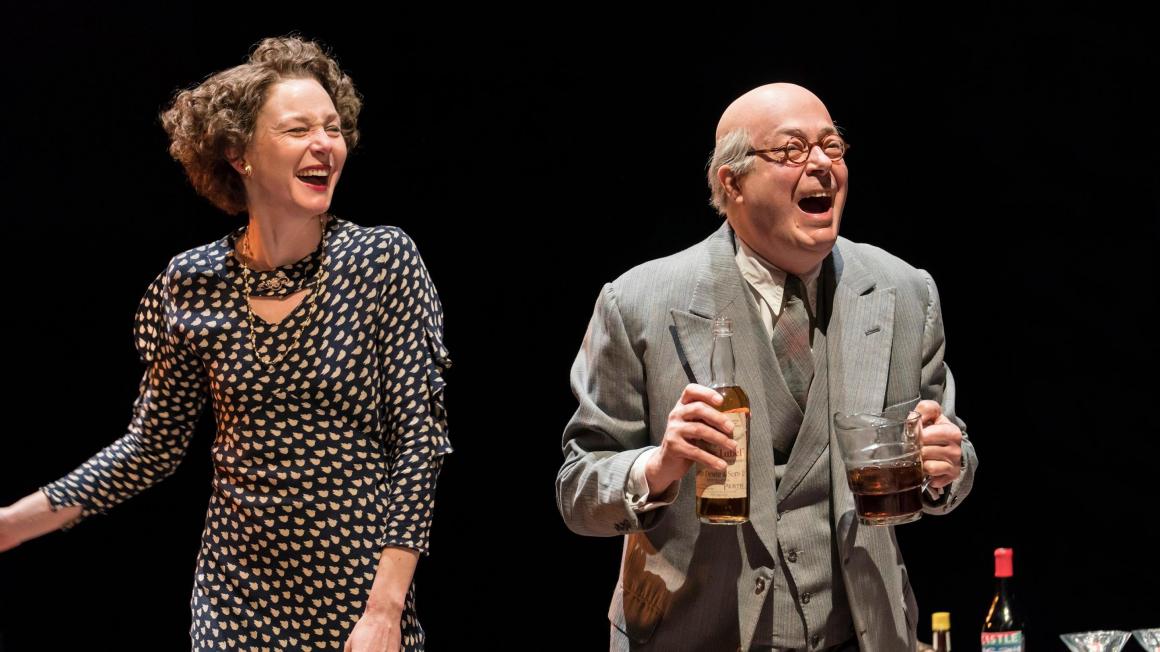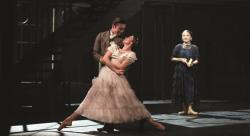The moderate soprano is a play full of paradoxes. it’s about an Englishman, John Christie, who in the 1930s founded one of the most English of all institutions, Glyndebourne opera festival, and who did so by engaging three Germans to run it: conductor Fritz Busch, director Carl Ebert, and manager Rudolf Bing. they had all fled the Nazi regime, but Christie couldn’t quite believe that their accounts of persecution were accurate, because Hitler liked Wagner so he couldn’t be all bad.
Christie founded Glyndebourne partly to give exposure to his wife, Audrey Mildmay, the soprano of the title, but she realised that she would have to audition for a role rather than simply have it gifted to her. It’s written by David Hare, who at 70 is still an impassioned leftie, yet it’s sympathetic to Christie’s paternalistic, even proprietorial, attitudes towards art. and the greatest paradox of all: this is a strange play precisely because it’s so ordinary.
What is hare doing writing a play like this? Well, it gives him, via the assorted characters, a chance to discuss all sorts of matters about art and its relationship to society, to our identity as individuals and as a nation. hare’s plays are seldom action-packed, and this one is less so than most. But it’s almost as if just airing the ideas is enough, and he doesn’t bother actually taking them anywhere.
One aspect that nobody can fault is Roger Allam as Christie. Bald and paunchy, he plays this wealthy art lover’s many contradictions beautifully, and when in doubt lobs a minor comic moment just over the net. He works well with Nancy Carroll as Audrey, who’s more understanding in earlier scenes (though the play isn’t structured chronologically) and both abrasive and heartbreaking as she is revealed to be dying. Paul Jesson, Anthony Calf and Jacob Fortune-Lloyd as team Deutschland are also first-rate.
The play premiered at Hampstead in 2015; this is a belated West end transfer of Jeremy Herrin's fluid, sensitive production. since then, current events have made it tempting to view these meditations on Englishness and its relationship to Continental Europe in a different, much more vexed light. I don’t think hare wrote it with this in mind. But what, then?
Not only does he not come to any conclusions in the play, he hardly even frames the questions, just has a bit of a natter around them. at one point Christie, defending the idea of charging premium prices, condemns (and hare seems to agree) the kind of people who casually shell out to take in a show of an evening. But this runs a serious risk of appealing principally to precisely those people.









